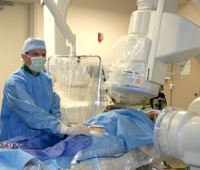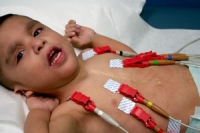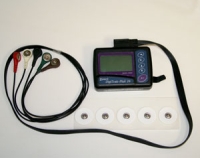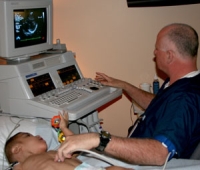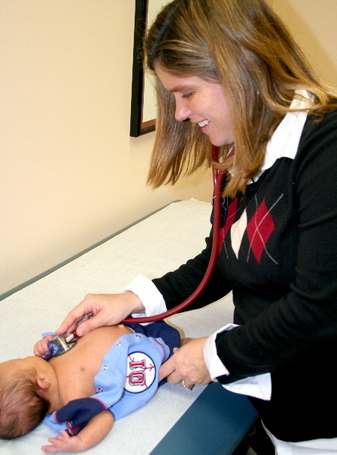At Pediatric Cardiology Associates of Houston, we offer the following tests and procedures. For the convenience of the families we serve, many of these can be performed at the time of your visit in our office. When warranted, we use hospital outpatient or inpatient service for more sophisticated tests and procedures.

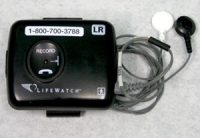
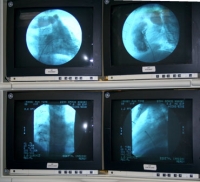
All of our physicians are experts in the field of congenital heart disease diagnosis, evaluation, and management. Some of the more complex forms of heart disease that we treat include hypoplastic left heart syndrome, tetralogy of Fallot, transposition of the great arteries, pulmonary valve atresia, pulmonary valve stenosis, aortic valve stenosis, atrioventricular canal defect, ventricular septal defect, atrial septal defect, Ebstein’s anomaly, and coarctation of the aorta, as well as many other forms of heart disease. We are also experts in heart rhythm disorders such as supraventricular tachycardia (SVT).
We will provide informative and compassionate counseling to you and your family. When necessary, we will arrange for further consultation with a congenital heart surgeon should you desire.
